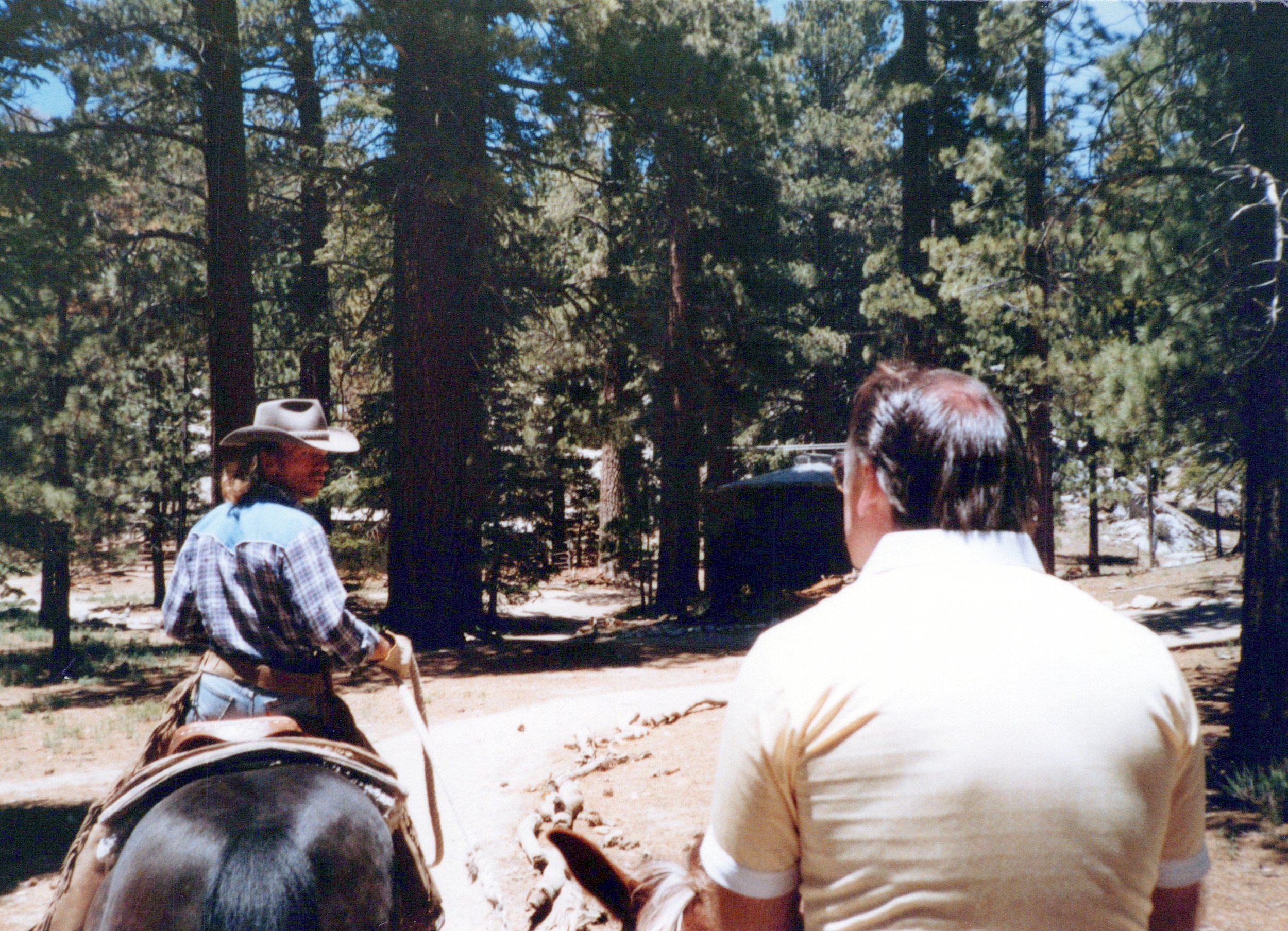Origins: Part One
Most people's stories surrounding COVID are ones of sadness and despair. It was almost effortless to become complacent with our day-to-day during that time. The rules and guidelines made visiting family or seeing friends challenging, so it was an excellent tool for self-reflection. During the lockdown period, people were manic, looking for outlets and bar hopping digitally with their peers. It was unchartered territory for most of the world, but the feelings and emotions that people felt through that time may be the only time everyone was on the same page. A world of billions of people from different origins, ethnicities, and cultures would be able to describe the same thoughts and sentiments at that moment.
Life leading up to the lockdown equipped me more for the situation than I had thought. In July 2019, my grandfather was diagnosed with pulmonary fibrosis and small cell carcinoma (an aggressive type of lung cancer). Over the presiding months, he would move to Baltimore, Maryland, from Cleveland, Tennessee, to treat his ailments at Johns Hopkins Hospital. While he was in Baltimore, I took every moment I had to share with him. We spent countless hours together talking about life, exchanging stories, laughing, and enjoying each other's company. My grandfather recounted some incredible memories; the one that stuck with me the most was his time working with General Motors.
In the sixties, my grandfather, Ronald Milton Gurnsey, moved to Rochester, New York, where he attained a position with the Rochester Products Division of General Motors. He was an avid Corvette enthusiast and owned a model from every generation produced in his lifetime, from the C1 to the C7. Even when he was nearing his death, we spent much of our time watching Mecum auto auctions; automotives gave him life. General Motors offered Ron the chance to go to college to pursue what would now be considered a bachelor's degree. At the time, it was a certificate of completion for a vehicle manufacturing and engineering program. GM paid for him to go to Cornell University to complete this program. Following his last shift, GM would put him in a vehicle right off the line every week and send him to school. Ron would spend more than three decades working with General Motors. Where the perks of the job were incredible, the life inside the factory was what ultimately took his life.
One morning, we sat at the dining room table of my parents' home. It was about 4:30 AM when I made coffee, prepared his medicine, gave him his nebulizer, sat down, and organized the questions that I had for him. We would do this routinely when my parents had to go out of town, and we would talk for hours until I needed to start my workday at 8:30 AM. This particular morning, I was curious about his time at GM. He told me the story above, how much he loved being there, followed by his favorite Corvette models. Suddenly, his tone changed, and the dynamic of the conversation left me sadder about the state of our world and the disasters that corporations constantly leave behind. My grandfather told me a story about a gentleman he worked alongside in the factory. Every day, this man would come into work, place his lunch on the platform of a machine, not wear any protective gear or wash his hands, but he did what he knew best: to work. Each day was the same. His routine would repeat. Bagged lunch is placed on the machine platform and worked without protective equipment or interruption. Ron had told him he should be doing things differently and wearing protective gear, but it went ignored. My grandfather described part of their duties to me: everyone had a shift where they would be responsible for breaking down the equipment, using cleaning agents provided by GM, and thoroughly re-working the equipment to its maintained state. The practice of plant shutdowns for routine equipment servicing and cleaning continues today. What is different are the regulations for correct personal protective equipment and the safety standards for cleaning agents.
This man would retire at the age of fifty-five. Not even six months later, he passed away. The machine's platform where this worker would place his lunch was a housing unit that was a vessel to pump cleaning agents throughout the factory. The Environmental Protection Agency approved none of these agents, nor was there a standard established by the Occupational Safety and Health Administration. There was no oversight for these practices at the time because, until 1970 and 1971, the EPA and OSHA did not exist.
GM was the manufacturer of these agents and would produce the agents in-house to distribute on the line. It was a simple means to the operations at GM but was detrimental to the operators. He would then tell me that out of the couple hundred people working in his division, he was one of four plant workers still alive in 2019. At that moment, my grandfather became thankful for having the foresight to wear the protective equipment that prolonged his life. On January 29, 2020, at the age of seventy-six, my grandfather took his last breath.








